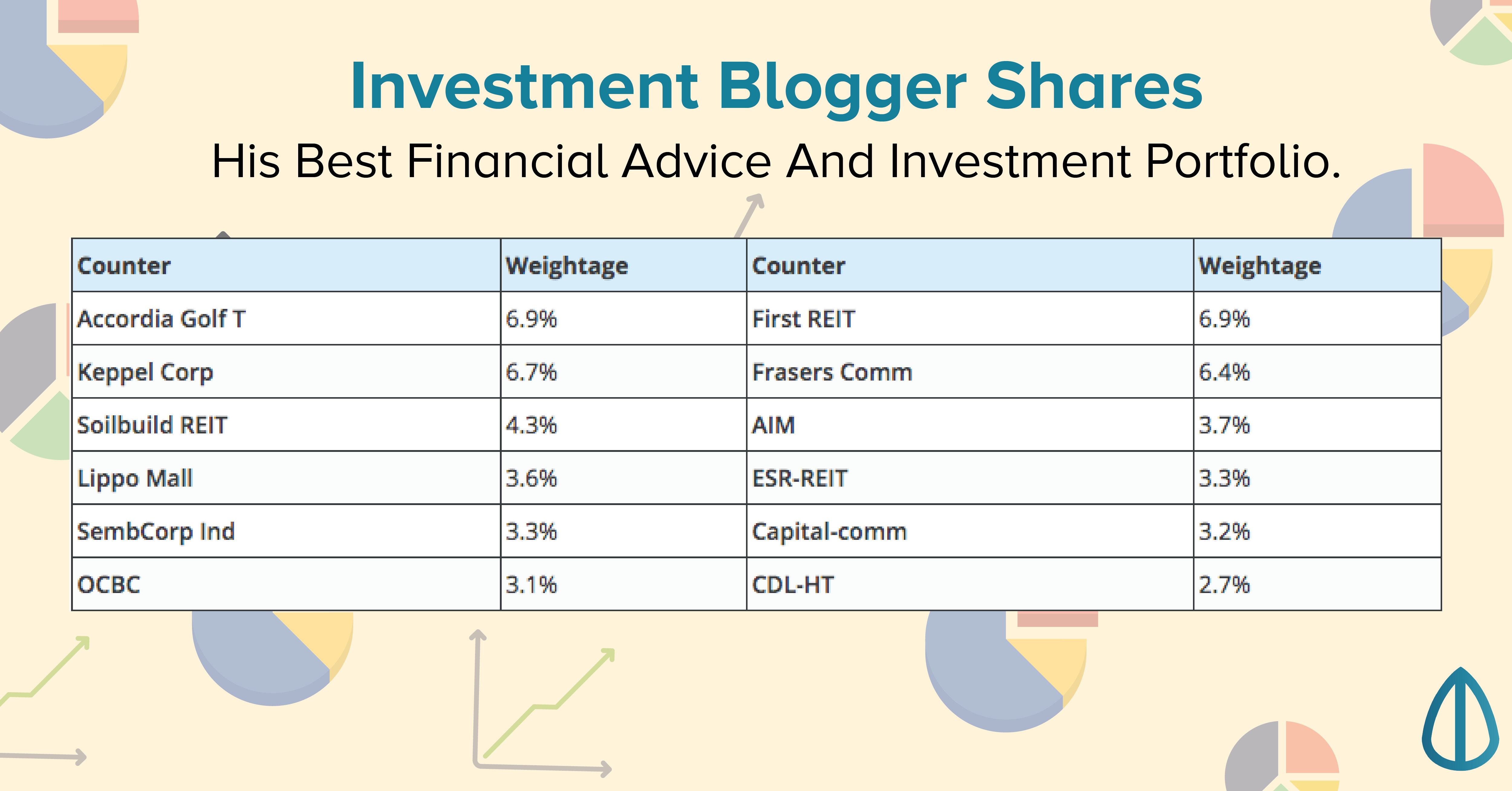Advertisement
For those that are investing already and have multiple stocks, what are your thoughts about using excel to track your stocks?
Isn't it a hassle if you have multiple stocks and you have to input the opening and close each time? If you have excel and are tracking your stocks already, could you provide examples of the tables you have or sites I can refer to for templates? I have 5 stocks on my portfolio trading on multiple platforms and am wondering the most efficient way to manage them. If you do not use excel, what do you use to manage your multiple stocks?
6
Discussion (6)
Learn how to style your text
Reply
Save
Use stocks cafe instead. The app pulls daily prices, and does the tracking for you. You only need to input the buy / sell prices. If you are serious about tracking performance, you should input any additional / recurring fees like custodian fees.
Reply
Save
Write your thoughts
Related Articles
Related Posts
Related Posts
Advertisement








Good idea in the firstplace, particularly when you use the XIRR function in an attempt to calculate the true annual longterm averaged % performance.
Two caveats:
#1 there are also other completely different approaches to calculate these annual longterm returns, particularly time weighted versus money weighted:
https://help.sharesight.com/performance_calcula...
https://www.investopedia.com/terms/m/money-weig...
https://www.investopedia.com/terms/t/time-weigh...
So there possibly is no single true method.
#2 Starting with Ecxel seems nice and straightforward, but with time all your efforts are hindered and made ever more complicated with among others:
-dividends and their reinvestments
-stock splits of equity, particularly when bought at different dates
-mergers
-total stock defaults
-trading fees, account maintenance fees, other fees
-taxes (dividends, interest, capital gains, tax on assets) and processed tax reclaims
-necessary currency (SGD versus USD f.ex.) adjusting for different buy/sell dates
My practical experience is that in the end with multiple investments it gets too complicated, and possibly, though formally it is merely mathematics, also other special software cannot resolve really to have most detailed true total returns.
My own approach:
for important investments on the free Bigcharts advanced website I create a chart like this that can be via Word put into a .html file, so with every website retrieval it gets autoupdated.
example STI ETF measured against S&P500 benchmark:
https://api.wsj.net/api/kaavio/charts/big.chart...